Shellmet: the helmet made from waste scallop shells
Shellmet is a new helmet design by TBWA\Hakuhodo’s creative team and Osaka-based Koushi Chemical Industry Co, made using Hokkaido’s discarded scallop shells
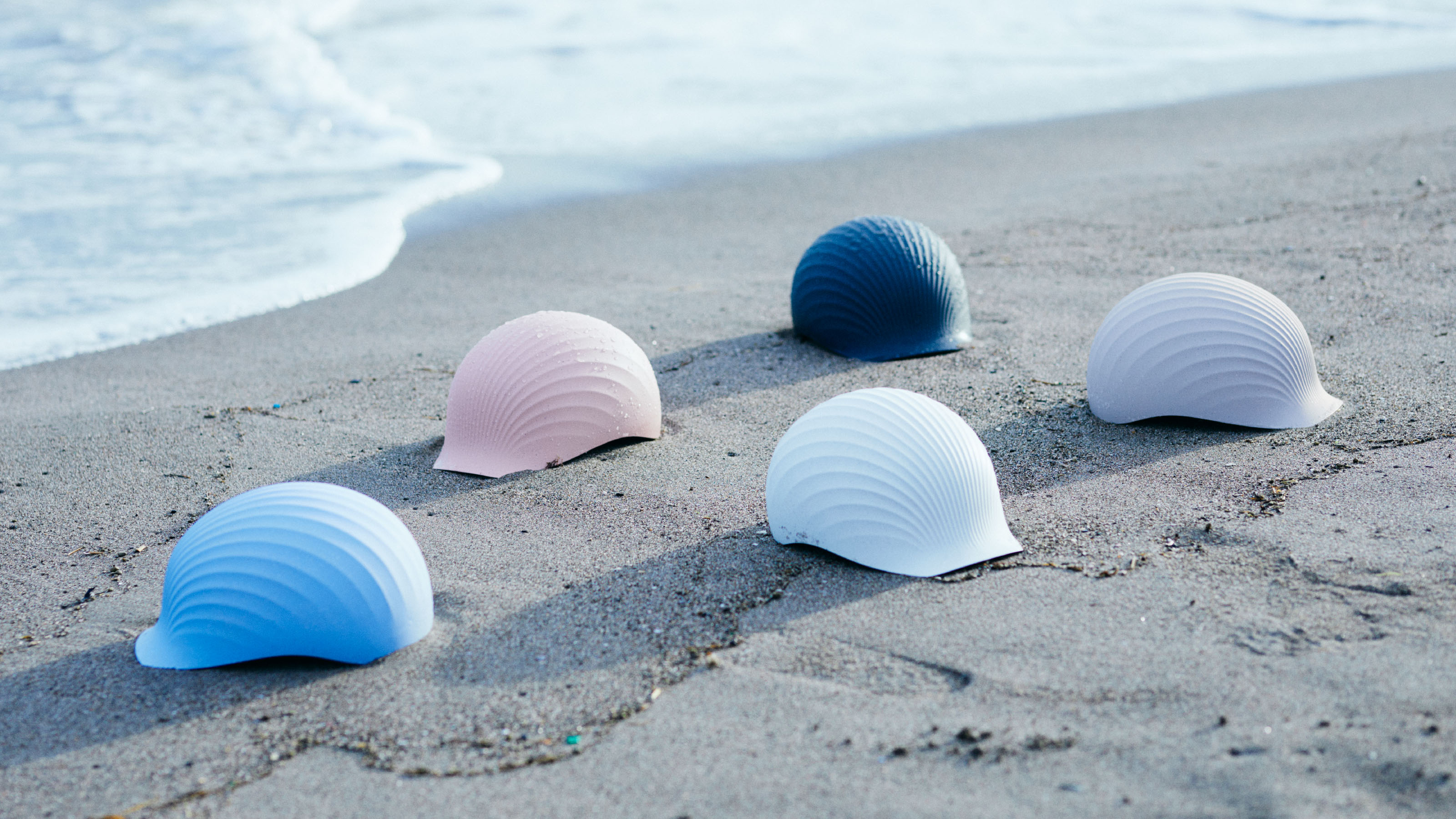
Shellmet is the latest innovation from TBWA\Hakuhodo’s creative team and Osaka-based Koushi Chemical Industry Co.
A small village on the tip of Japan’s northernmost island Hokkaido may have found an innovative solution to managing a yearly pile of 40,000 tons of discarded scallop shells from the area’s seafood industry. Cleaned, pulverised, and mixed with recycled plastic, the shells are transformed into Shellstic (a portmanteau of shell and plastic), an environmentally friendly material that can be moulded and used in much the same way as regular plastics. Left on the ground, the shells are feared to cause soil contamination and are a big concern for the locals.
Recycling shells into plastic doesn't only help to reduce CO2 emissions as compared to producing 100 per cent new plastic, but also adds strength to the finished material.
Meet Shellmet: a sustainable product with minimal environmental burden
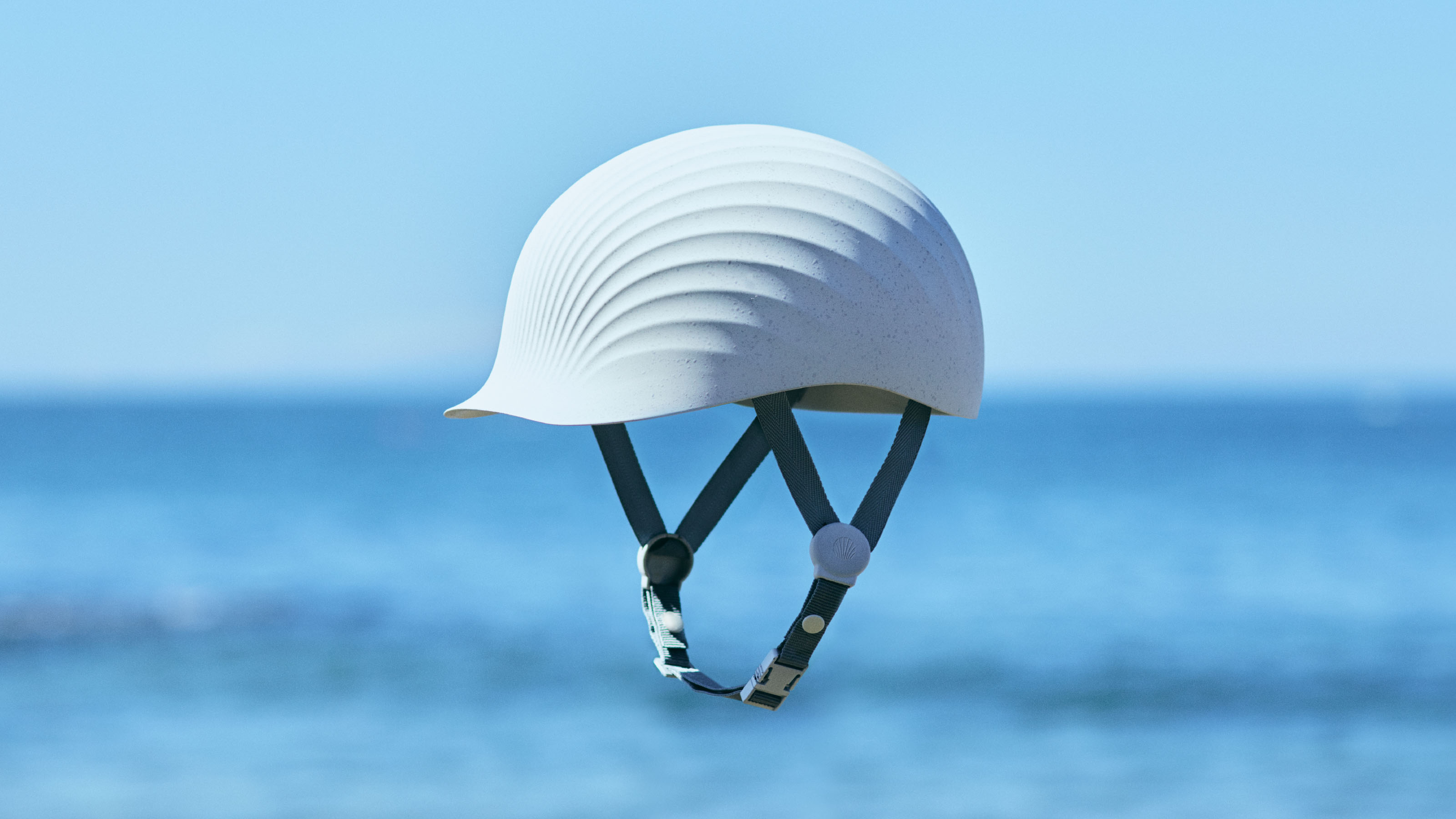
A first product using this novel material is the Shellmet (yes, another blend of shell and, this time, helmet) designed by TBWA\Hakuhodo’s creative team and Osaka-based Koushi Chemical Industry Co.
This cute hardhat and cycling helmet mimics the ribbed structure of the scallop shells, which adds about 30 per cent in strength to the overall structure compared to a more conventional flat design. The Shellmet comes in five colours, all related to the sea, Coral White, Sand Cream, Ocean Blue, Deep Black, and Sunset Pink. Shintaro Monden, the product designer of the helmet explains, 'We aimed to create a sustainable product with minimal burden on the environment.'
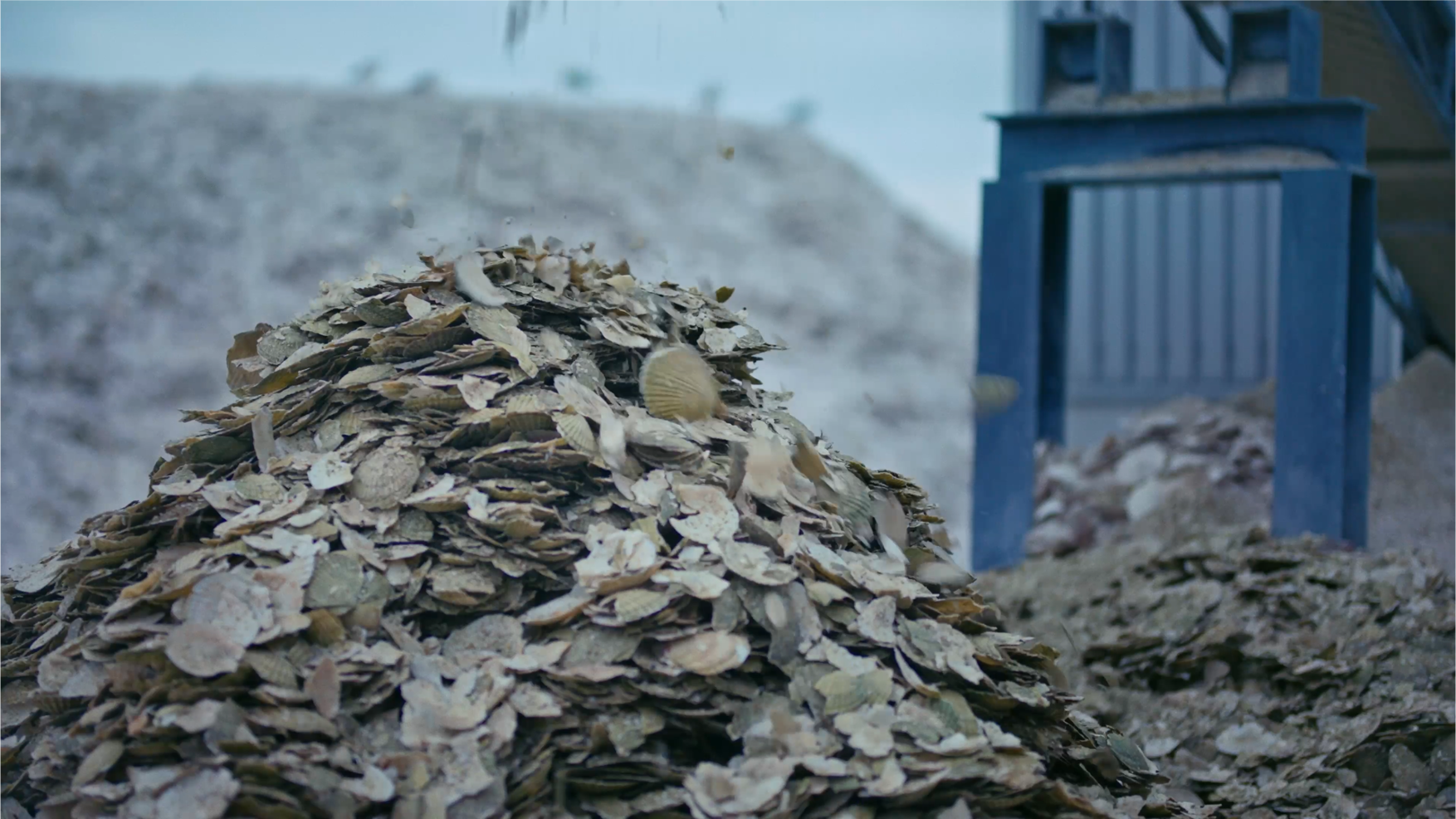
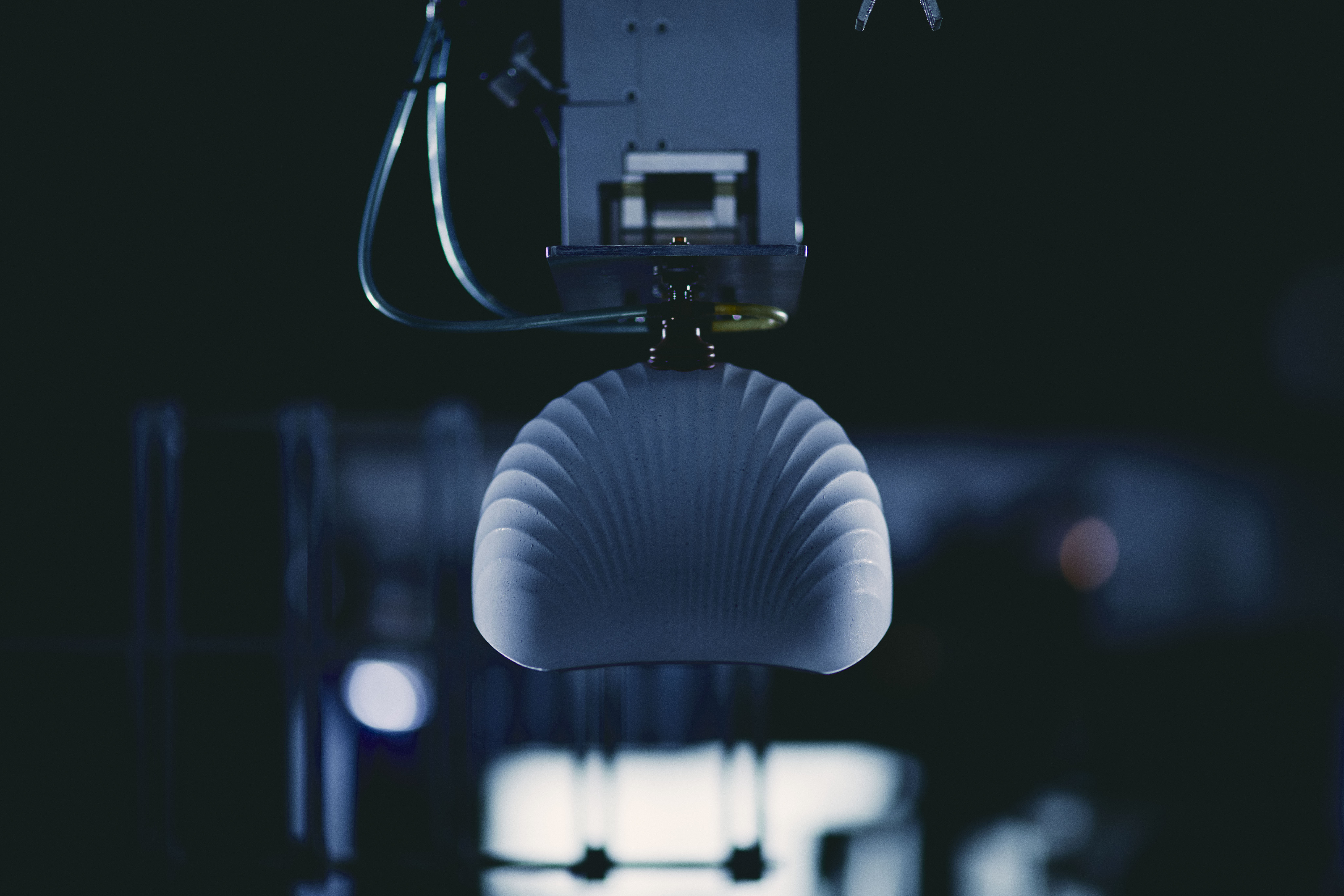
As well as hoping to entice the village’s 250 or so fishermen to swap their regular plastic helmets for the Shellmet, the producers plan to promote the Shellmet for use in emergencies such as earthquakes and abnormal weather, and will seek certification for the design as safety equipment. Sales to the general public will start in March 2023 at JPY4,800 (US$37).
Receive our daily digest of inspiration, escapism and design stories from around the world direct to your inbox.
Originally from Denmark, Jens H. Jensen has been calling Japan his home for almost two decades. Since 2014 he has worked with Wallpaper* as the Japan Editor. His main interests are architecture, crafts and design. Besides writing and editing, he consults numerous business in Japan and beyond and designs and build retail, residential and moving (read: vans) interiors.
-
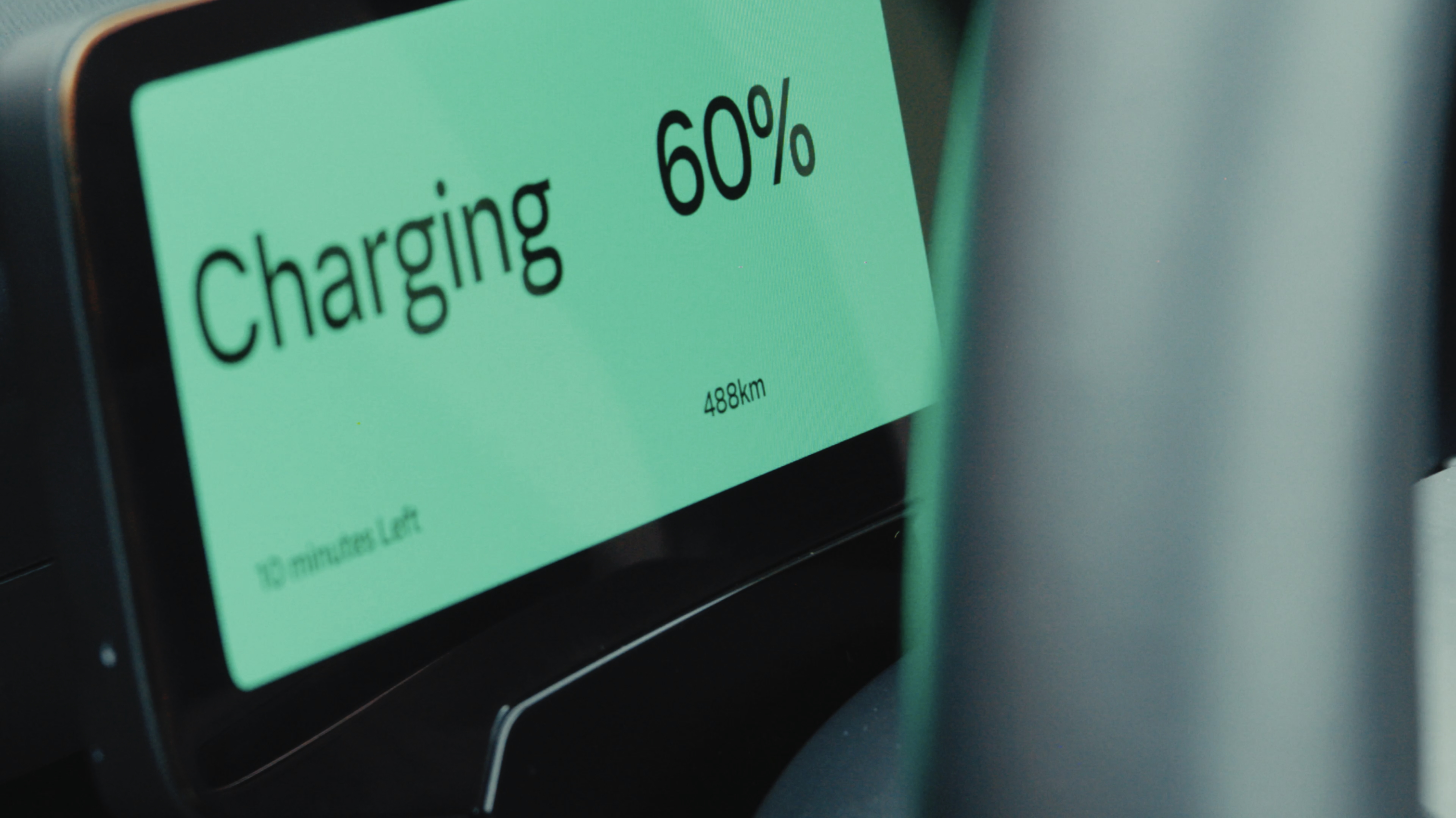 Volvo’s quest for safety has resulted in this new, ultra-legible in-car typeface, Volvo Centum
Volvo’s quest for safety has resulted in this new, ultra-legible in-car typeface, Volvo CentumDalton Maag designs a new sans serif typeface for the Swedish carmaker, Volvo Centum, building on the brand’s strong safety ethos
-
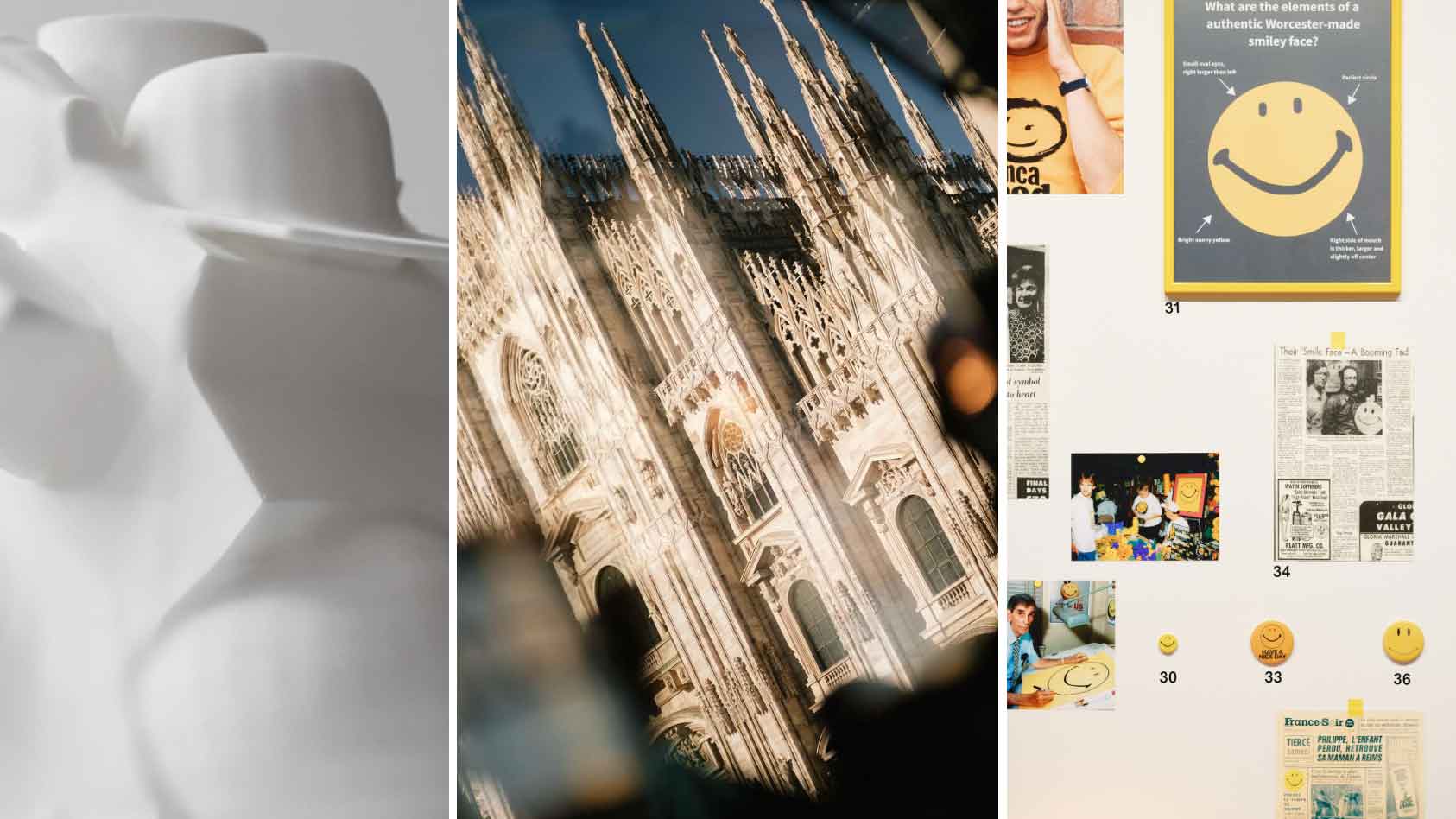 We asked six creative leaders to tell us their design predictions for the year ahead
We asked six creative leaders to tell us their design predictions for the year aheadWhat will be the trends shaping the design world in 2026? Six creative leaders share their creative predictions for next year, alongside some wise advice: be present, connect, embrace AI
-
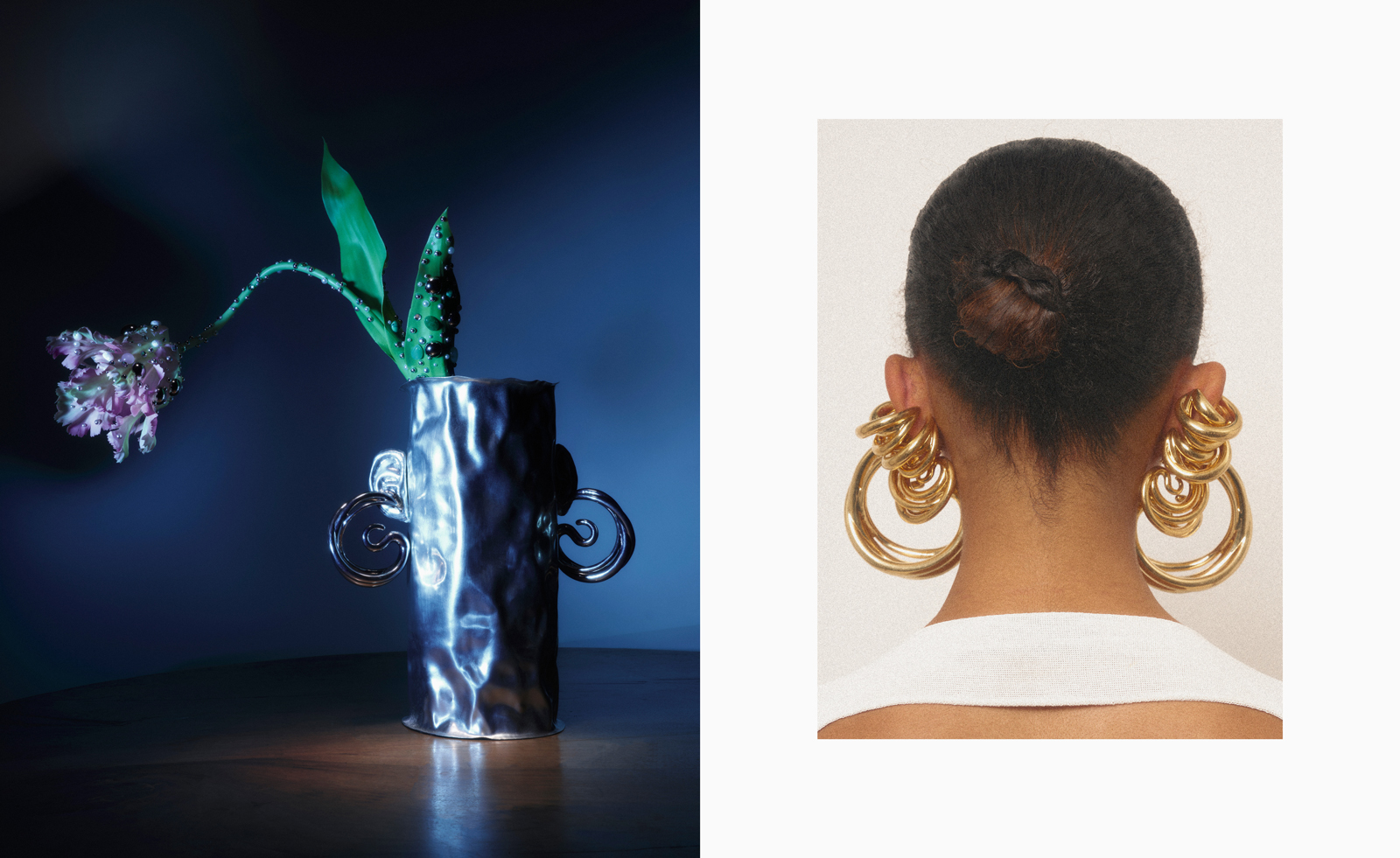 10 watch and jewellery moments that dazzled us in 2025
10 watch and jewellery moments that dazzled us in 2025From unexpected watch collaborations to eclectic materials and offbeat designs, here are the watch and jewellery moments we enjoyed this year
-
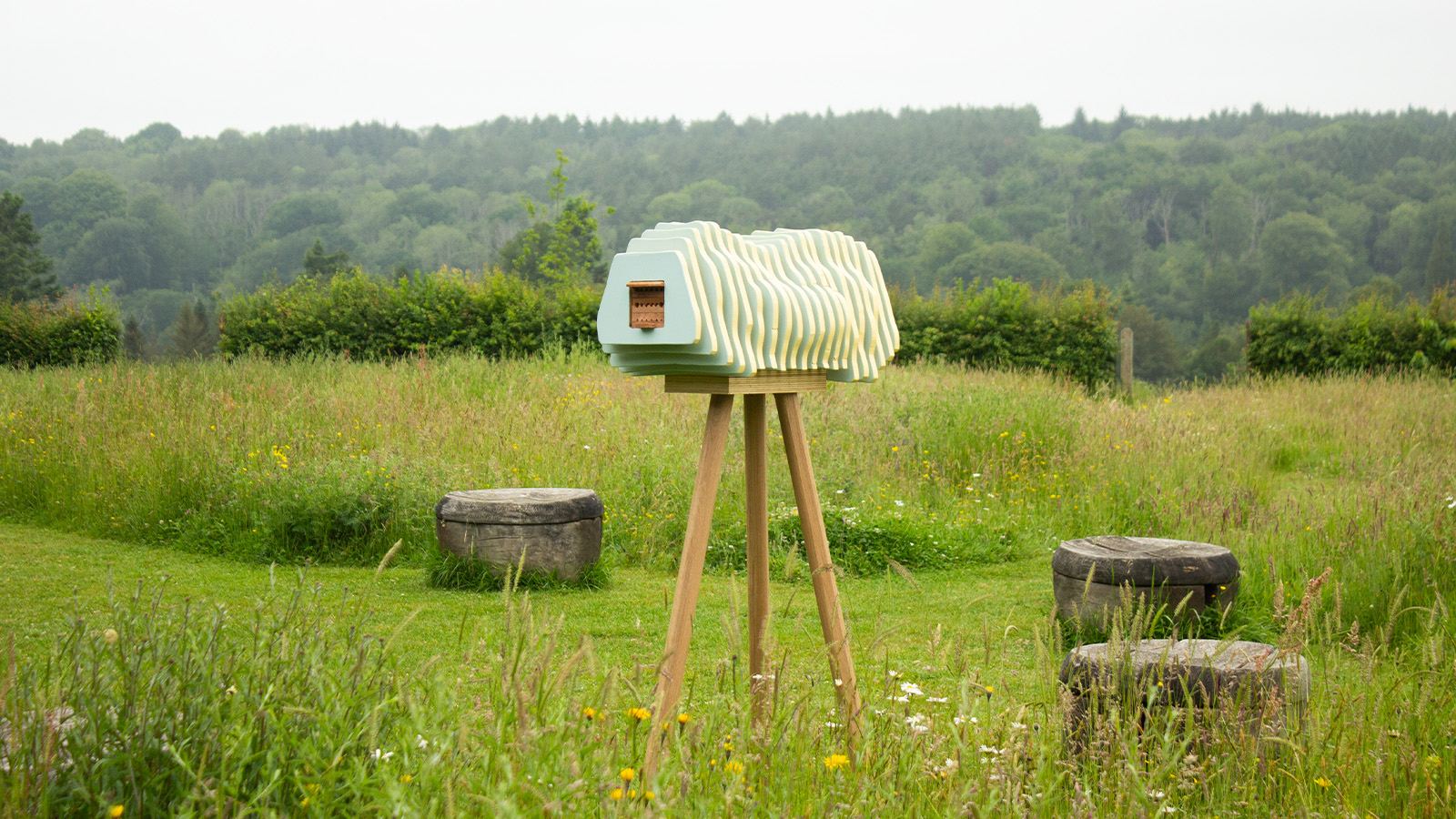 Bees can now check in at Kew’s new pollinator hotel
Bees can now check in at Kew’s new pollinator hotelAt Wakehurst, Kew’s wild botanic garden, artist Kristina Pulejkova unveils four functional sculptures that tell the hidden story of seeds and act as a refuge for bees during the heat of summer
-
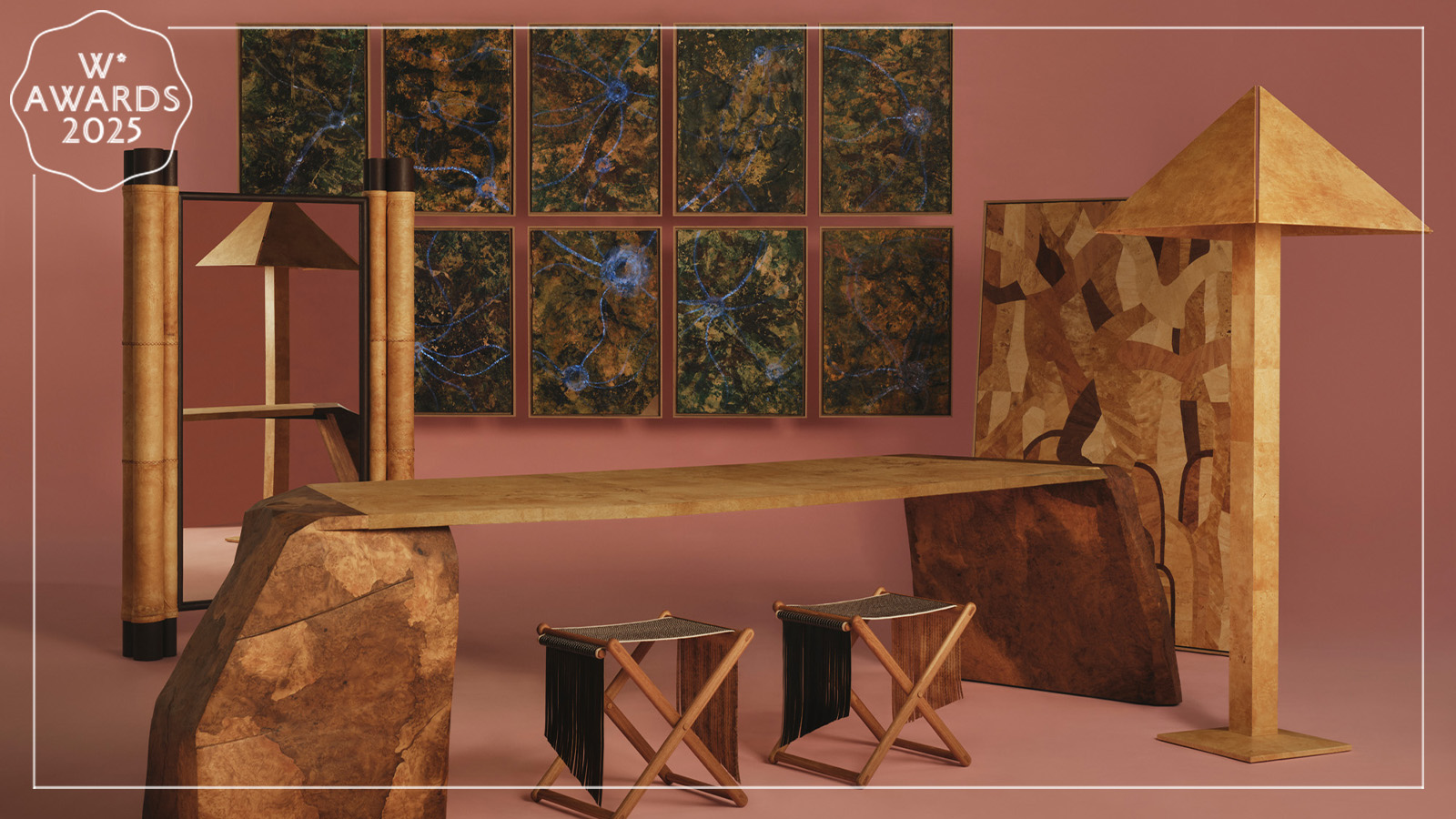 We feel a growing passion for MycoWorks, the company inspiring beauty with fungal-based biomaterial
We feel a growing passion for MycoWorks, the company inspiring beauty with fungal-based biomaterialReishi is a Wallpaper* Design Award winner, a new self-growing, biodegradable material by MycoWorks presented in a series of exquisite expressions of earthy and ethereal furniture, lighting and artworks
-
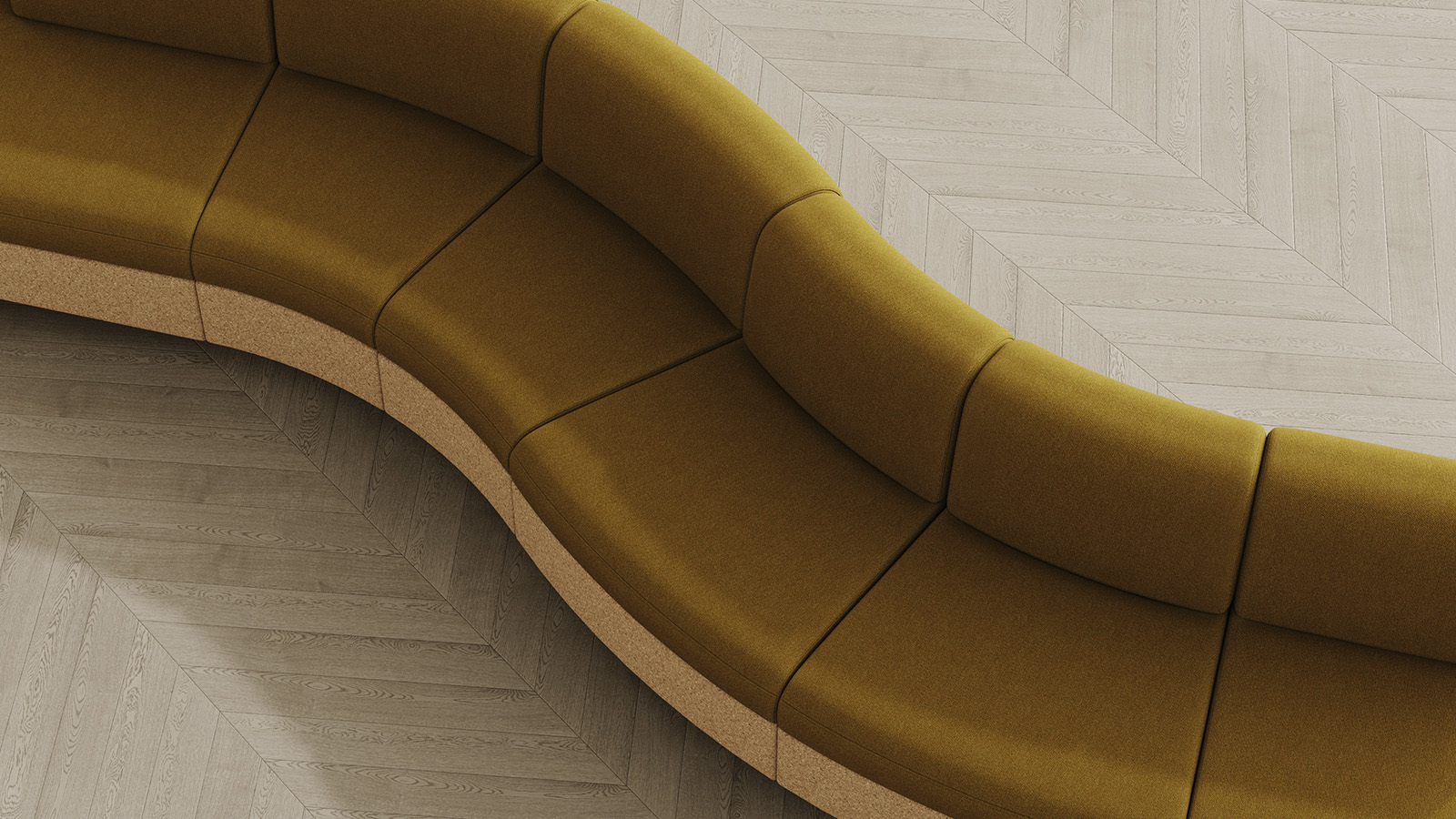 This new all-natural sofa is made with cork leftover from the production of wine stoppers
This new all-natural sofa is made with cork leftover from the production of wine stoppersIsomi’s ‘Tejo’ sofa is constructed entirely of natural materials and features a modular, experimental design
-
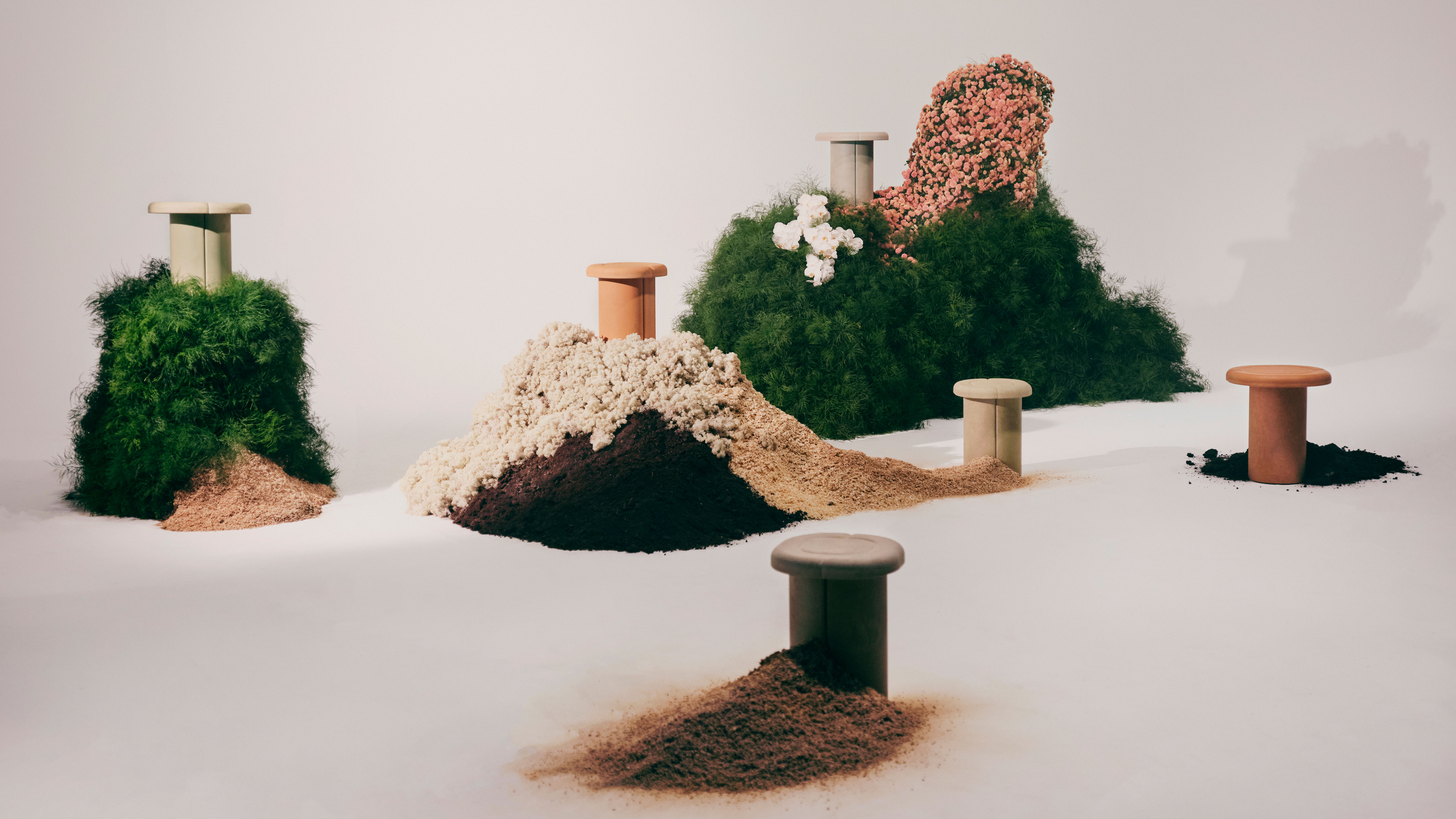 New Mater tables by Patricia Urquiola are made from recycled coffee beans
New Mater tables by Patricia Urquiola are made from recycled coffee beansThe Alder collection of tables by Patricia Urquiola for Mater make their debut at Milan Design Week 2024, and are made of a specially-developed material made from recycled coffee beans
-
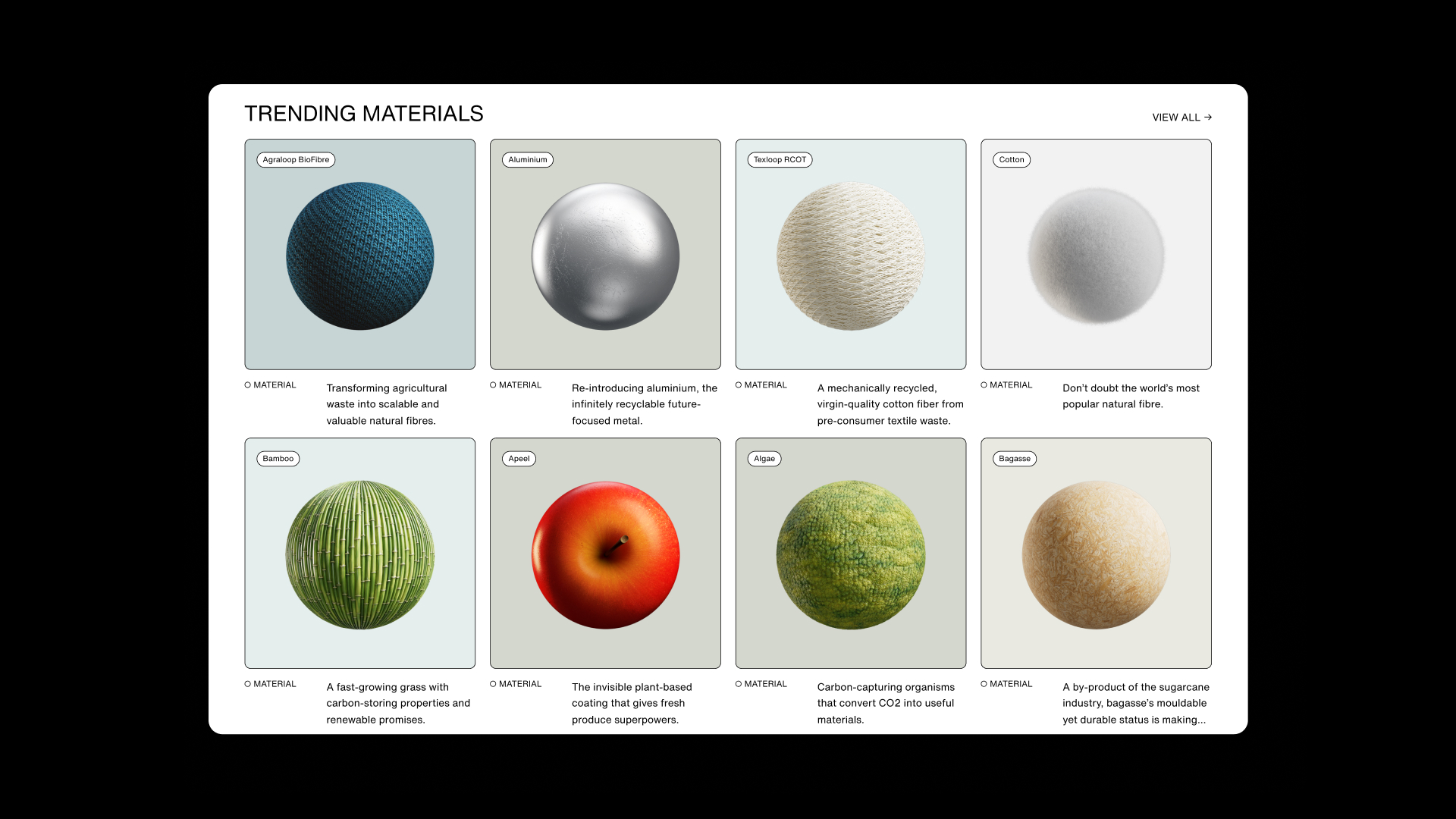 Discover Plastic Free: the new online destination for alternative materials
Discover Plastic Free: the new online destination for alternative materialsPlastic Free is a new portal for creatives looking to explore alternatives to plastic in their work
-
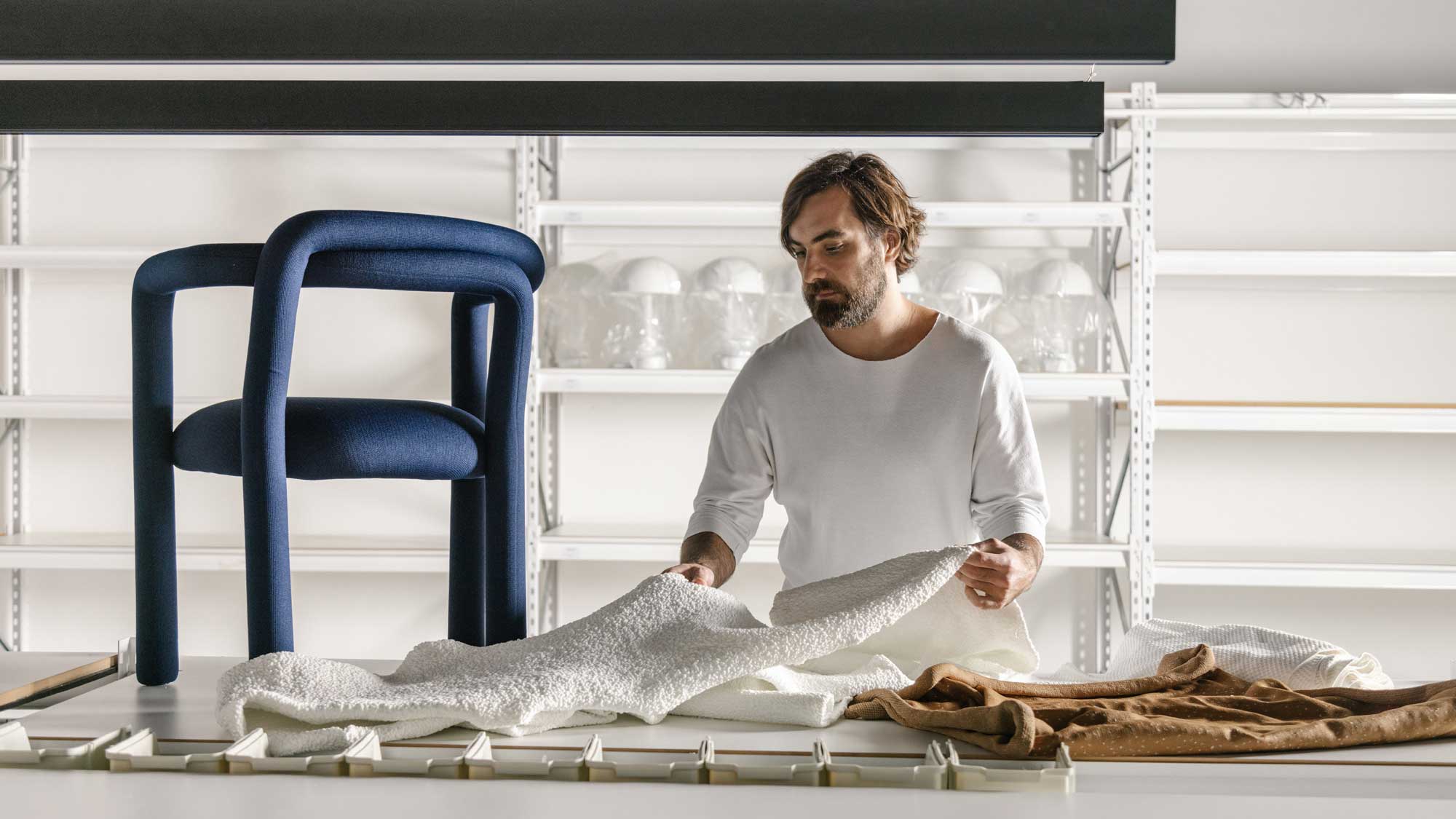 Wentz presents innovative furniture incorporating ocean plastic waste
Wentz presents innovative furniture incorporating ocean plastic wasteThe ‘Mar’ collection by Guilherme Wentz is informed by the sea and features computerised 3D-weaving techniques to transform ocean-borne plastic
-
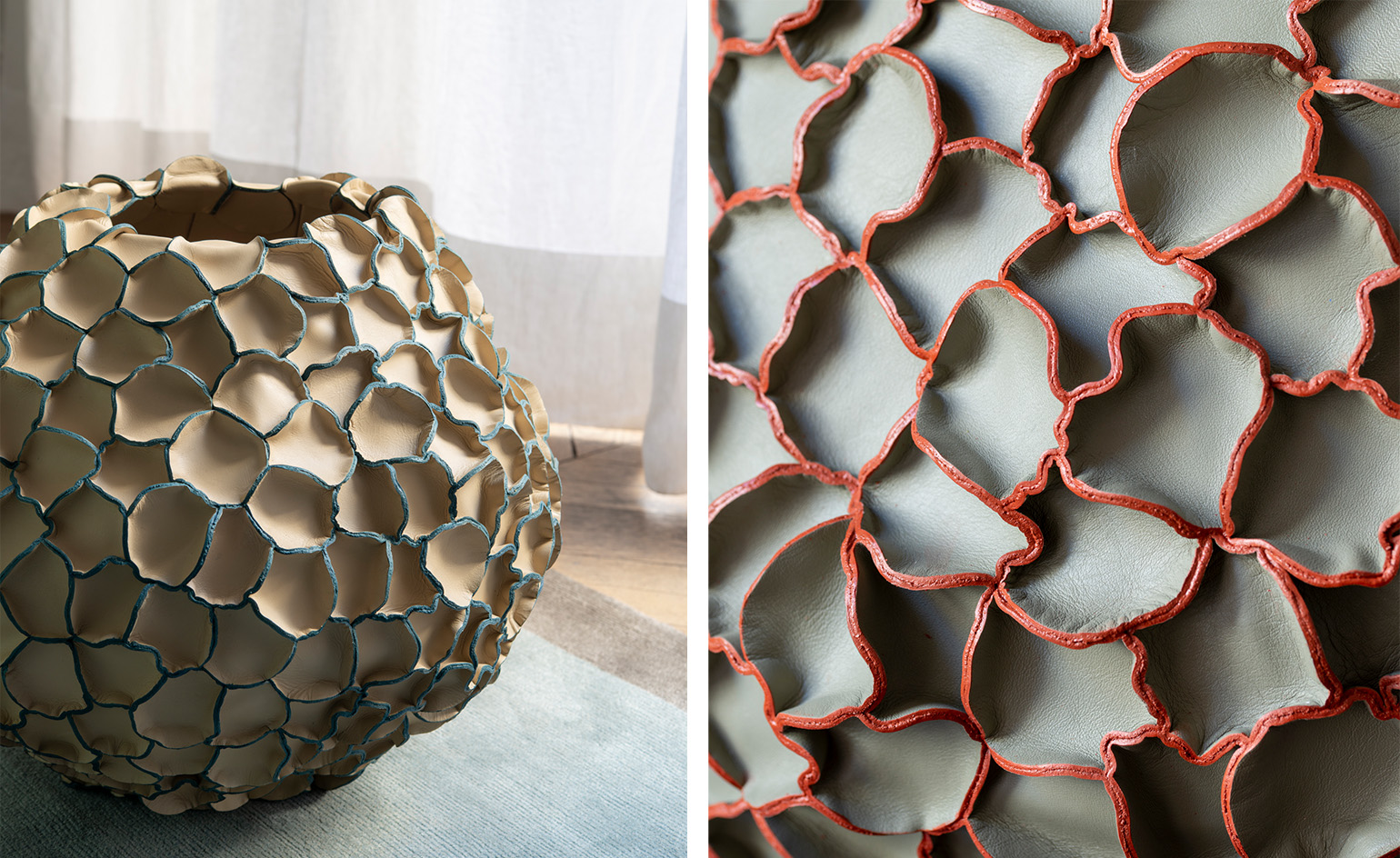 Liaigre ‘Upcrafted’ objects showcase potential of sustainable design
Liaigre ‘Upcrafted’ objects showcase potential of sustainable designStriding confidently towards more sustainable production, interior design company Liaigre has released ‘Upcrafted’, a series of limited-edition objects for the home, assembled attentively from the studio’s would-be waste
-
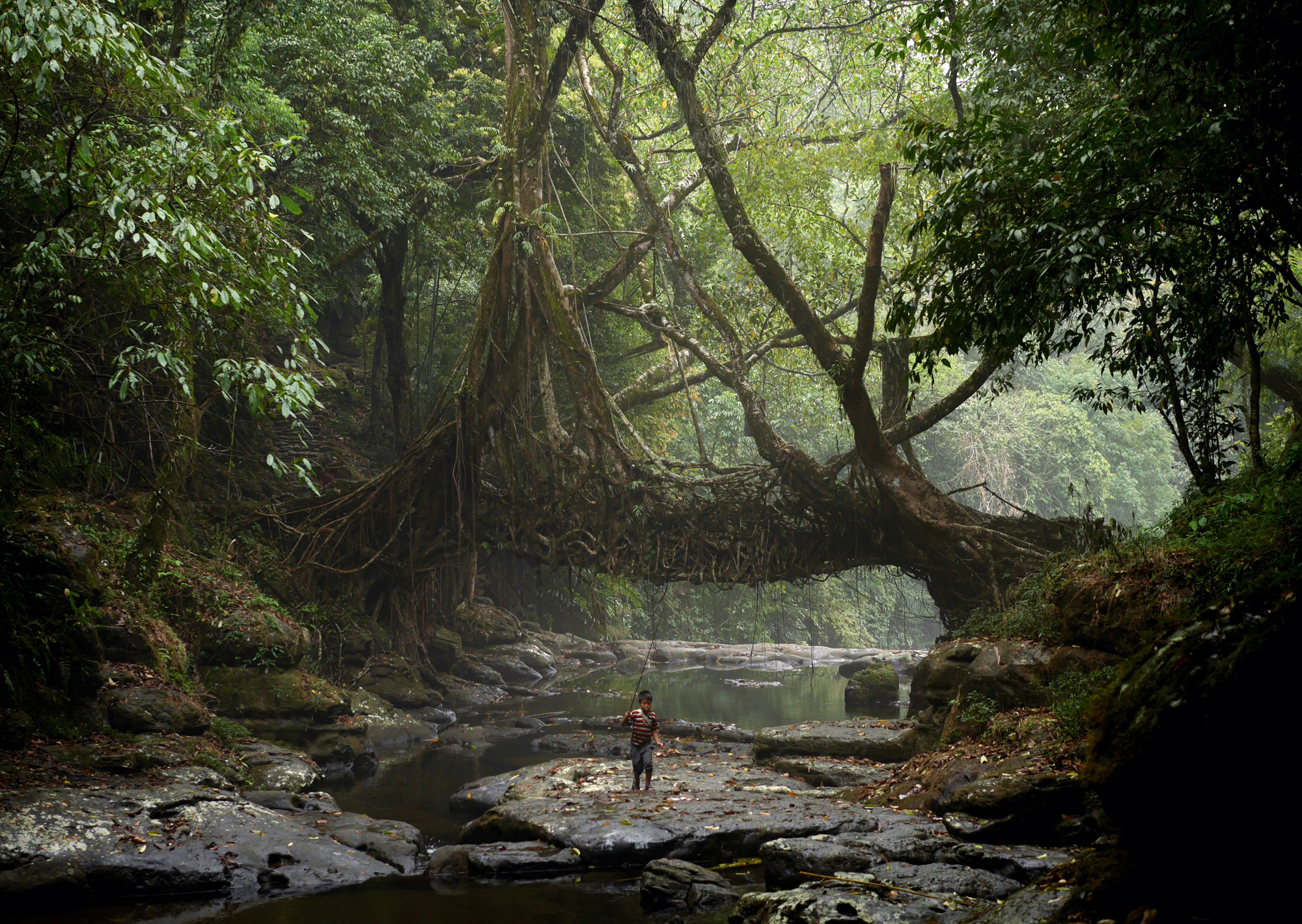 Regenerative design: meet the creatives taking a rooting interest in learning from nature
Regenerative design: meet the creatives taking a rooting interest in learning from natureRegenerative design: meet the creatives taking a rooting interest in learning from nature